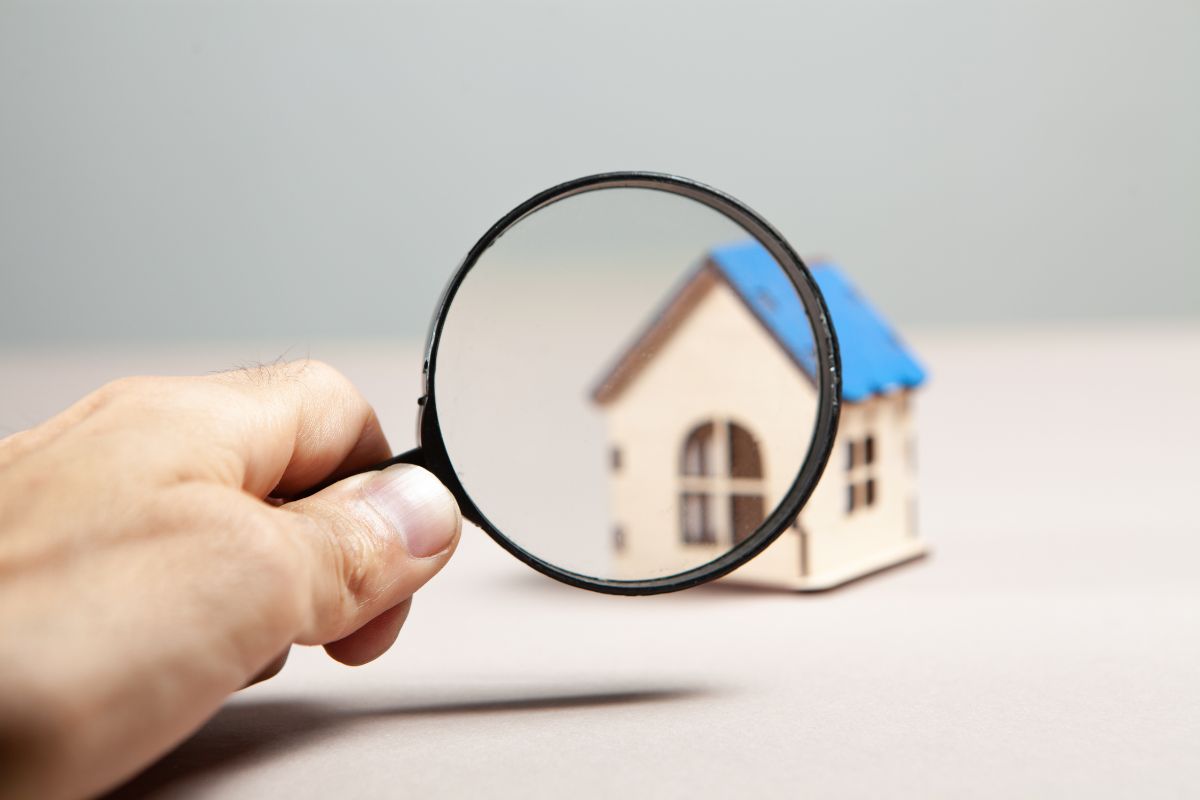Over the past few weeks, we have embarked on a journey to understand the complex world of real estate terminology. We have dissected property types, the sale process, the purchase process, financing terms, and the legal jargon predominantly used in real estate.
Today, we’re focusing on an equally important topic: Home Inspection Terminology. Home inspections play a vital role in the real estate buying process. Understanding these terms is crucial to making informed decisions about a property.
Basic Home Inspection Terms
Let’s begin by understanding the fundamental concepts of the property evaluation process – ‘Inspection’, ‘Inspector’, and ‘Report’.
- Inspection – This is a detailed examination of a property. It involves a rigorous assessment of the property’s structural integrity, safety features, and overall condition to identify any potential issues or areas that require attention.
- Inspector – A certified and skilled individual who conducts the inspection. The inspector is responsible for meticulously evaluating various aspects of the property.
- Report – This is a comprehensive document that compiles the findings and observations obtained from the inspection. The report provides a detailed overview of the property’s current condition, allowing individuals to gain valuable insights into the true state and quality of the property.
Structural Elements Terminology
During a home inspection, several key structural elements are carefully examined to ensure the integrity and safety of the property. These elements are often highlighted and assessed in detail, providing valuable insights for potential buyers or homeowners.
- Foundation – The base upon which the entire house is built, providing stability and structural support.
- Framing – The skeleton of the house, consisting of beams, studs, and joists that support the entire structure.
- Roofing – The protective barrier against the elements, is made up of the roofing material, flashing, and gutters.
- Exterior – The outer surfaces of the house, including walls, windows, doors, and siding. This includes the condition, insulation effectiveness, and aesthetics.
Systems and Components Terminology
Terms related to ‘HVAC (Heating, Ventilation, and Air Conditioning)’, ‘Plumbing’, ‘Electrical’, and ‘Interiors’ are common in an inspection report. These refer to the various systems and components of the house that ensure comfort and functionality.
- HVAC (Heating, Ventilation, and Air Conditioning) – This system regulates the heating and cooling of the house, maintaining a comfortable climate. It also ensures good air quality.
- Plumbing – This refers to all the piping systems in the house, including those for water supply, drainage, and sewage. It also includes fixtures like sinks, toilets, and showers.
- Electrical – This system includes the wiring, circuit breakers, outlets, and switches that provide electricity throughout the house.
- Interiors – This refers to the components inside the house such as walls, floors, ceilings, doors, and windows. It also covers aspects like insulation, paint, and finishes.
Potential Issues and Inspection Findings
- Structural Damage: This includes significant issues with the foundation, framing, or other structural components. It can be caused by various factors, such as age, poor construction, or natural disasters.
- Roofing Problems: Leaks, missing shingles, or poor installation can lead to serious problems, including water damage and structural issues.
- Plumbing Issues: These range from simple leaks to more serious problems like inadequate sewage systems or outdated piping.
- Electrical Malfunctions: This could include outdated wiring, faulty outlets, or improper grounding, which can present serious safety hazards.
- HVAC Problems: A non-functional HVAC system can lead to uncomfortable living conditions and potential health risks.
- Exterior Deterioration: This could be anything from cracked siding to broken windows or doors. These issues can affect both the aesthetics and functionality of the property.
- Interior Wear and Tear: This includes problems like damaged flooring, peeling paint, or other signs of aging or neglect in the interior of the house.
- Insulation Issues: Poor insulation can lead to increased energy costs and uncomfortable living conditions.
- Mold and Mildew: These can pose serious health risks, especially for individuals with allergies or respiratory conditions.
- Pest Infestations: Pests like rodents or termites can cause significant damage to property and pose health risks.
- Safety Issues: This includes anything that could pose a safety risk, such as missing smoke detectors, radon presence, or a lack of handrails on staircases.
- Defective Appliances: Appliances that are not functioning properly can lead to increased utility costs and potential safety risks.
Home inspections can be overwhelming, but understanding the terminology can help you navigate them with ease. As an informed consumer, do not hesitate to ask questions or seek clarification during the inspection process. By being proactive and engaging in the inspection, you can gain valuable insights into the condition of the property and make well-informed decisions.
Stay tuned for our final post of the series where we demystify the closing process terms. We will provide a comprehensive breakdown of the key terms and steps involved in the closing process, empowering you with the knowledge to confidently navigate this important stage of home buying. Don’t miss out on this valuable information that will help you make informed decisions and ensure a smooth closing experience.
Part 1 – Exploring Different Types of Property
Part 2 – Understanding Real Estate Sales Process Terminology
Part 3 – Making Sense of Real Estate: Breaking Down Purchase Process Terms
Part 4 – Uncomplicating Real Estate: Your Guide to Financing Terms
Part 5 – Understanding Legal Jargon in Real Estate
Part 6 – Understanding Home Inspections Terminology
Part 7 – Guide to Real Estate Closing Process Terminology




